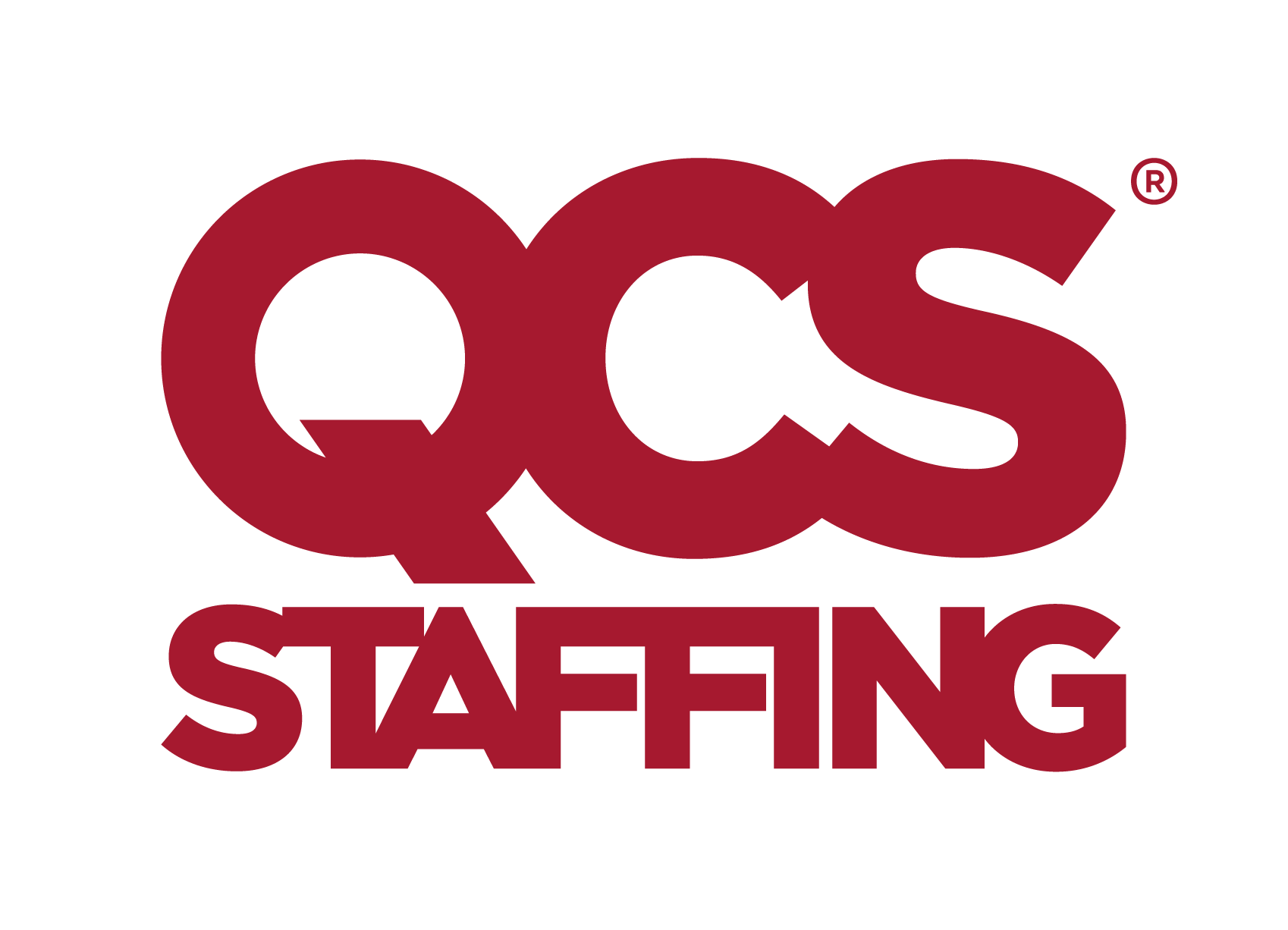Why you should work in Commissioning, Qualification and Validation
Commissioning, Qualification and Validation (better known as CQV) is a significant area of business for the QCS Staffing team, and a very rewarding one. Providing a lucrative and interesting career step to chemical and process engineers, CQV engineering offers plenty of opportunities to talented candidates.
Principal Consultant Tom Gorton reveals what makes it such a fantastic career choice.
What is CQV?
The latest figures show that the UK's life sciences sector employs 248,400 people, and among these are CQV professionals. CQV - an essential area of life sciences - is a process that is followed primarily within the pharmaceutical industry, focusing on equipment. It ensures systems, facilities and equipment meet design requirements put in place for the end users. Essentially, if someone is installing a piece of equipment within a pharma facility, they need to document the process of installation, operation and how it performs. CQV is focused on the performance of equipment.
Why do we need CQV?
The pharmaceutical industry is very heavily regulated, for obvious reasons. That means the equipment used to produce pharmaceuticals needs to adhere to standards and tests.
Commissioning is a documented process that ensures facilities, systems and equipment are designed and installed as specified and function correctly.
The Qualification component of CQV is product-focused and can be divided into three separate streams: Installation qualification (to ensure equipment is installed correctly), operational qualification (to check that equipment operates as it’s intended to), and performance qualification (that the equipment performs as it needs to over a period of time). It ensures equipment and systems function to produce products correctly.
The next step is Validation, which is a documentation-heavy process to ensure the end result (the product) is produced correctly. It’s a quality assurance procedure that collects and assesses data collected from the design stage throughout production.
Are you undecided whether CQV is the right area of life sciences for you?
Read about life sciences careersWho works in CQV?
People who work within CQV typically have experience in every area within the CQV process – in Ireland they like to take on people who have done Commissioning, Qualification and Validation.
In some European projects, they hire purely C&Q engineers and then the validation process is handled by their internal team. However, even these engineers will have skills in Validation as they will have learnt this earlier in their career. A typical background of someone who works in CQV is someone who has been a chemical engineer or previously worked in production, picking up process or equipment engineering before moving into CQV.
Where are the jobs in CQV?
By the nature of what these people do, there will typically be more demand where the projects are and where the main key investments are happening. That’s usually down to the organisation that’s investing in new projects, but it can be driven by favourable rates and corporation packs.
Ireland has been a hotbed of activity recently – big pharma companies from the US often choose Ireland because they can build there relatively cheaply compared to the UK. We’re also seeing high demand for CQV engineers in Switzerland, Belgium and Denmark, with contracts of around 12 months. Biopharmaceutical companies in particular are looking for CQV candidates currently, and we see the majority of investment happening in this area.
We’re noticing a lot of demand for biopharmaceutical individuals at the moment, so experience within this sector is key. You need experience working on a project within the full life cycle of CQV processes.
What is the market like for CQV?
Currently, it’s a candidate-driven market where there is an abundance of projects and not enough skilled engineers to meet client requirements. Because of this, the focus for clients needs to be on investing in people to come up through the disciplines and move into CQV. We’re not seeing many junior engineers coming through currently and it’s in the industry’s best interest to train up less experienced people to help fill future skills gaps.
Why should people work in CQV?
Engineers who are looking to upskill, increase their earning potential and interact with a greater variation of projects and systems will find plenty to get excited about within CQV. Contractors in CQV get to experience a greater number of programs, work with different technologies and products and enjoy genuinely interesting work. It’s a specialist industry where engineers quickly become subject matter experts.
What do contractors want from employers?
We know our contractors want a wide variety of interesting projects to work on, and get really excited about new facilities and start-up projects. They want to be involved in processes right from the very beginning and really take ownership. Our candidates love seeing something they’ve created from scratch come to life and work well. They’re also interested in the location of contracts, particularly English-speaking nations with good work culture and integration. We help candidates settle into new locations with our International Mobilisation, but they will naturally be drawn to locations where they can settle quickly and easily.
Choose QCS Staffing to help you make your next career move.
For more information on working in CQV, take a look at our latest vacancies Commissioning, Qualification and Validation jobs or contact the QCS Staffing team today. If you can't find the role looking for, sign up for job alerts and be the first to hear about our latest opportunities.






